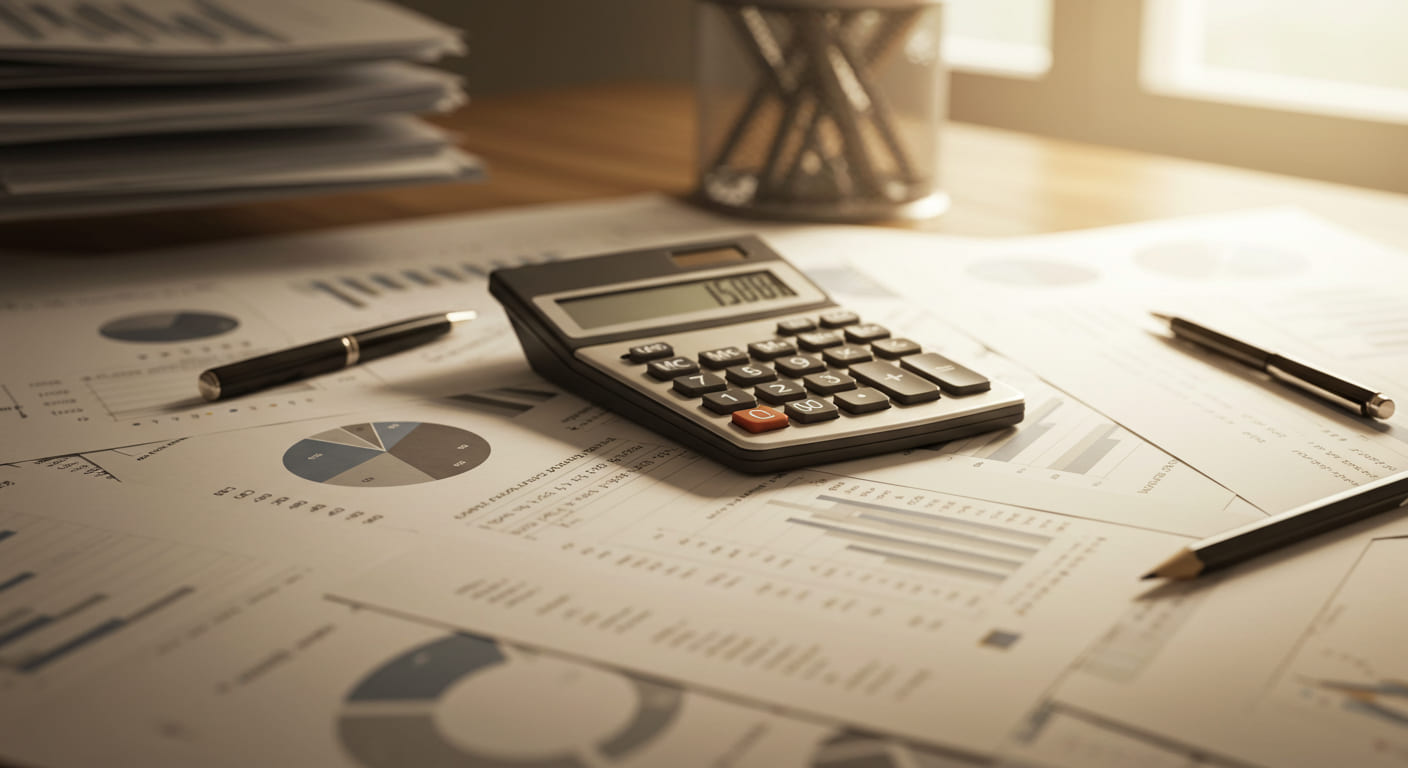The Brazilian tax reform, enacted in January 2025, is one of the most transformative changes in the country’s fiscal landscape in decades. If you are a foreign entrepreneur investing in or operating a business in Brazil, this reform is not just a footnote – it’s a game changer.
A New Era: Simplification Through Dual VAT
The core objective of the reform is simplification. Brazil, long known for its intricate tax maze, has decided to merge five key taxes – IPI, PIS, Cofins, ICMS, and ISS – into two unified ones:
CBS (Goods and Services Contribution): Federal level
IBS (Goods and Services Tax): State and municipal level
Together, they form a Dual VAT system, modeled after successful international examples. The goal? Eliminate tax cascading, ensure transparency, and foster a more predictable investment environment.
Is Brazil’s VAT Rate the Highest in the World?
The estimated combined VAT rate may reach 28% to 28.55%, overtaking Hungary (currently at 27%) as the country with the highest VAT rate globally.
Mental trigger: Urgency – This unprecedented rate means your pricing, profitability, and competitive edge in Brazil could be at stake if you don’t act swiftly.
Government Safeguard: The VAT Rate Cap
To ease concerns about runaway taxation, the government has implemented a “rate cap” mechanism, setting a maximum effective VAT at 26.5%. If the rate exceeds this threshold, authorities must reassess and potentially reduce tax benefits.
This move brings predictability, a crucial factor for foreign direct investment (FDI) strategies.
Key Impacts for Foreign Companies
Here’s how this reform directly affects international businesses:
1. Reevaluate Prices and Costs
New tax rates demand a thorough price recalibration. Profit margins might shrink if costs aren’t properly adjusted.
2. Update Accounting and Tax Systems
Your ERP and accounting platforms must align with Brazil’s VAT compliance standards – an investment in the short term, but essential for long-term viability.
3. Redesign Tax Strategies
This is the time to optimize your tax planning. Identify potential credits, avoid double taxation, and leverage any special regimes your company may qualify for.
The reform includes differentiated rates for key industries, including:
Healthcare
Education
Public transportation
Basic food items
Tip: If your business touches any of these areas, you might be eligible for reduced VAT rates. It’s worth a deeper dive!
Transition Timeline: What You Need to Know
The shift won’t happen overnight. The rollout spans from 2026 to 2032, giving companies time to adapt. But don’t be fooled – procrastination can be costly.
This phased implementation allows for strategic tax migration, testing new systems, and minimizing disruption.
How CLM Controller Empowers Your Business
CLM Controller is your trusted partner on the ground in Brazil. With years of experience and a team of bilingual experts, we provide:
– Tax Consultancy – Tailored fiscal strategies to navigate the reform.
– Accounting & Financial BPO – Complete outsourcing with Brazilian compliance guaranteed.
– CFO as a Service – Leadership-level financial planning and reporting support.
Mental trigger: Authority + Security – With CLM, you’re not just reacting to changes. You’re staying ahead of them.
FAQs – Foreign Entrepreneurs & Brazil’s New Tax Rules
1. Does the VAT apply to all foreign companies?
Yes, if you sell or provide services in Brazil, you’ll be impacted.
2. Can I claim VAT credits?
Yes, under certain conditions. Proper registration and bookkeeping are key.
3. Is Brazil still a good place to invest?
Absolutely. The reform aims to reduce bureaucracy, making the business environment more attractive in the long run.
Final Thoughts: Prepare Today to Thrive Tomorrow
Brazil’s tax reform is more than numbers. It’s a new opportunity – but only for those ready to adapt.



0 Comments